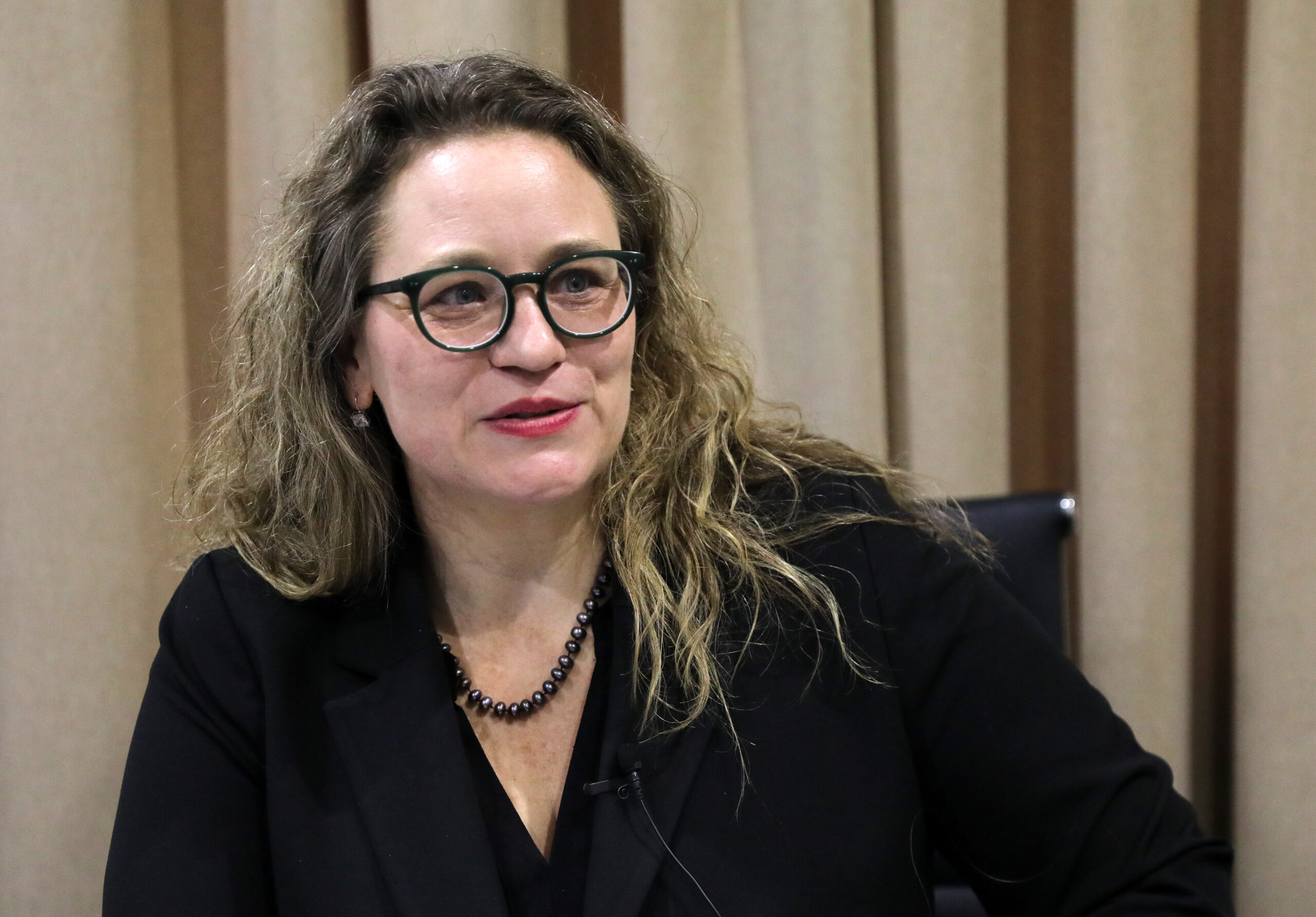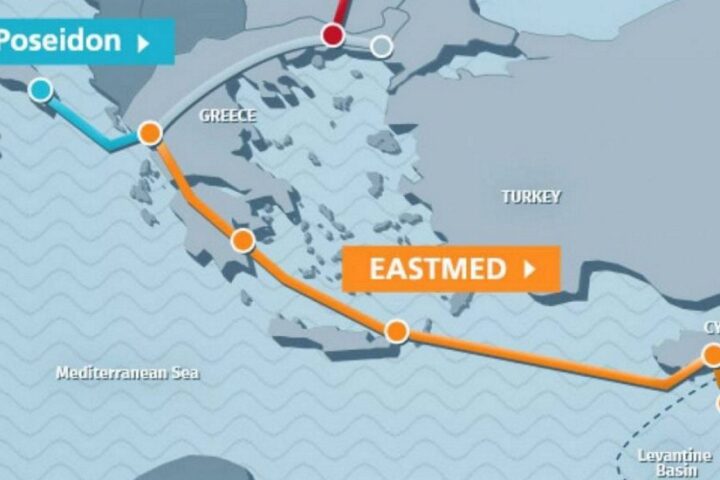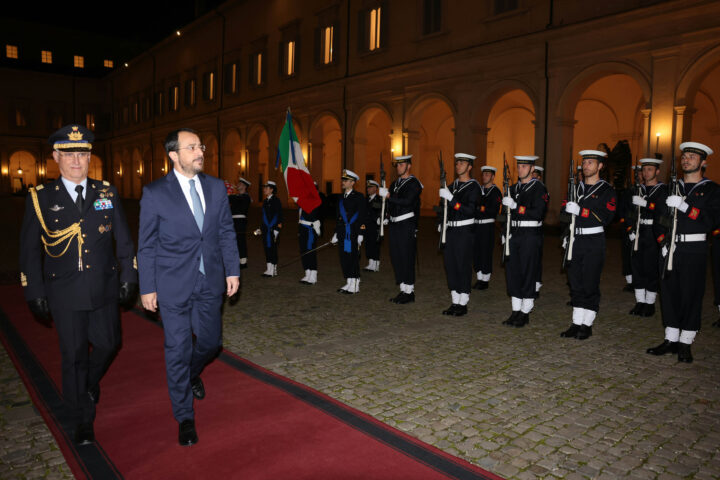There is no political aspect in the US position on the EastMed gas pipeline; Washington favours projects that enable clean energy transition and connect markets in the Eastern Mediterranean.
This is what US Deputy Assistant Secretary of State for European and Eurasian Affairs, Erika Olson told the Cyprus News Agency (CNA).
The US diplomat said her country remains very engaged and supportive of energy interconnection within the Eastern Mediterranean.
“We believe that interconnectivity of energy infrastructure is important to the stability and to the future of not just energy sharing but also security in the region.
“We believe that exports of electricity among the Eastern Mediterranean countries and onward to Europe are really the path of the future.
“We support projects such as the EuroAfrica Interconnector, which connects Egypt to Cyprus and Greece, and the proposed EuroAsia Interconnector to link Israel, Cyprus, and European electricity grids.
“Because such projects not only connect vital energy markets, but they also prepare the region for the clean energy transition.
“So, at a time when energy security is more than ever a question of national security, we are committed to deepening our relationships in promoting these clean energy technologies.
“So, what you see from us is, given the reality of the future of what energy looks like globally, a move towards projects that will enable the clean energy transition and connect energy markets in the region.”
Olson said the US only supports projects in the East Med that are “commercially and technically feasible.”
She said there was “absolutely” a feasibility problem of the bold $7 bln East Med gas pipeline.
The pipeline, meant to transfer natural gas from Israeli waters to Europe via Greece and Cyprus, was announced in 2016, and several agreements have been signed between the three countries.
The three states aimed to complete the project by 2025, but no financing has been secured.
“And looking at the future of energy markets…what we don’t want to see is essentially abandoned projects that don’t fit the need of what future energy markets look like.”
Washington attaches more importance to electricity interconnectors than “ambitious pipeline projects”.
“We believe that resources and technical feasibility work are much better placed focusing on the electricity interconnectors.”
She said the US pulling its support on the EastMed project was based on environmental concerns.
“It is really based on the Biden administration’s dedication to moving towards clean energy, combating climate change, and the economic realities of what an energy market might look like 20 or 30 years from now, which is one that we all hope is much more focused on clean energy and renewables.”
The US is also “strongly supportive” about advancing the 3+1 regional cooperation with Cyprus, Greece, and Israel.
Olson will be discussing this issue during her visit to Cyprus and Greece.
“Within the 3+1 construct, there are many working groups, including one on energy infrastructure, which is an excellent place for us to talk about the future of what the energy looks like in the Eastern Mediterranean.”
“I think there are so many different areas in which we can deepen our relationship. I think we find ourselves now at a point where our relationship is stronger than perhaps it has ever been.
“We want to continue to build upon that and strengthen our relationship, whether it is cultural or economic.
“We are very excited with the number of Cypriot students who are looking to study at US universities. More than 3 million dollars in scholarships were given to Cypriot students to study in the US”.
“We are very proud that two of our leading energy companies are involved in the energy industry in Cyprus.
“And I think we see even more opportunities for US companies to work together with Cypriot companies for investment and development.”










